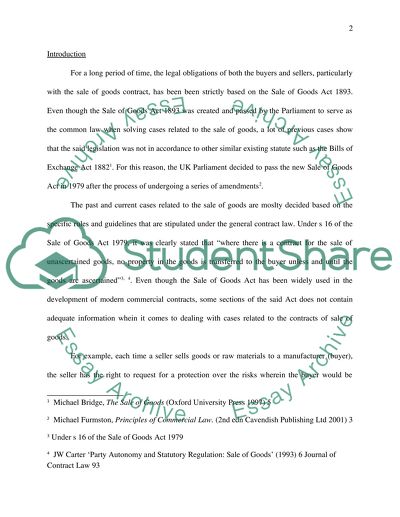Cite this document
(“Romalpa and Subsequent Cases by a Great Deal of Confusion Essay”, n.d.)
Romalpa and Subsequent Cases by a Great Deal of Confusion Essay. Retrieved from https://studentshare.org/law/1464980-commercial-law-romalpa-and-subsequent-cases
Romalpa and Subsequent Cases by a Great Deal of Confusion Essay. Retrieved from https://studentshare.org/law/1464980-commercial-law-romalpa-and-subsequent-cases
(Romalpa and Subsequent Cases by a Great Deal of Confusion Essay)
Romalpa and Subsequent Cases by a Great Deal of Confusion Essay. https://studentshare.org/law/1464980-commercial-law-romalpa-and-subsequent-cases.
Romalpa and Subsequent Cases by a Great Deal of Confusion Essay. https://studentshare.org/law/1464980-commercial-law-romalpa-and-subsequent-cases.
“Romalpa and Subsequent Cases by a Great Deal of Confusion Essay”, n.d. https://studentshare.org/law/1464980-commercial-law-romalpa-and-subsequent-cases.


